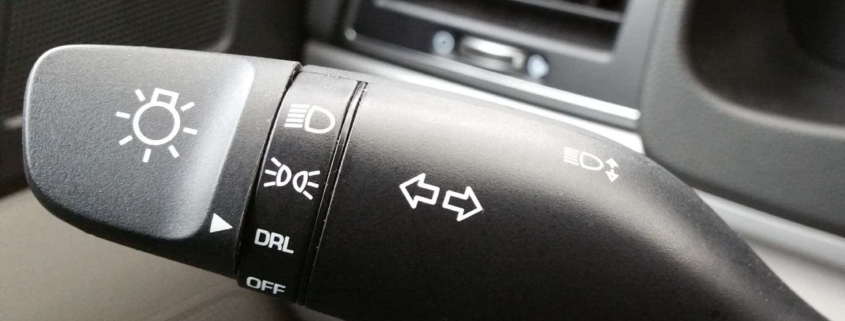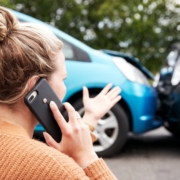Accidents Caused by Not Using Turn Signals
Turn signals are an incredibly important part of road safety. Unfortunately, it’s also often one of the first good habits to fall by the wayside once a driver gets comfortable with the road. This makes it hard for other drivers to guess what they’re doing and significantly increases the risk of an accident.
If you or someone you love has been injured in a car crash, you may be entitled to compensation. Find out now by calling Haygood, Cleveland, Pierce, Thompson & Short at 334-821-3892.
A Common and Dangerous Mistake
Failing to use a turn signal is an incredibly common error. It’s rare to drive down Samford Avenue or Wire Road without rolling your eyes at least one driver who seems to have forgotten where their turn signals are.
In a national survey, 71% of young adult drivers admitted to not using their turn signals on a regular basis. That number drops to about half of all drivers for older groups. It’s important to remember, though, that people tend to overestimate themselves when answering questions like this. The actual numbers could be even higher.
Minimal Inconvenience and Significant Benefits
Those who do make a habit of using their turn signals often wonder why it’s so difficult for others. It takes less than a second, becomes a habit once you stick with it for a while, and makes every drive considerably safer. At worst, it’s a minor inconvenience. There are numerous benefits—using your turn signal allows drivers behind you to slow down as needed, plan their moves accordingly, and give you plenty of space.
Depending on which kind of turn you’re making, skipping your turn signal could cause a number of issues.
Left Turn Accidents
What happens if someone decides not to use their turn signal when turning left? If they are in a left turn lane, the risks aren’t super high, but it is still risky. Those behind them should know that they are turning left. It can still cause an issue for those coming from the opposite direction.
If they do not know that the driver opposite them is turning left, they may fail to leave proper space or slow down if needed. If a driver is turning left from a lane that isn’t left turn-only, anyone driving up behind them may not be expecting them to be stopped. This can make it very difficult for other drivers to stop on time and avoid an accident.
Right Turn Accidents
There are several complications that can happen if you don’t use a turn signal when turning right. You generally have to slow down quite a bit when turning right, even if you have a green light. If you’re in a lane that allows you to go straight or turn right, people behind you may not know they need to slow down to accommodate you. This increases the likelihood of a rear-end accident.
Lane Change Accidents
Lane changes may be one of the most dangerous times to avoid using a turn signal. A smooth lane change should allow everyone around the driver to continue at their current speed without having to slow down or speed up to accommodate them. However, on busy roads like I-85, that isn’t always possible.
On these busy roads, a turn signal gives people in the other lane the chance to slow down and allow you in. While they are not obligated to do so, this does make lane changes easier. If you are in the left lane and you’re waiting to move over, using your turn signal shows a fast driver behind you that you’ll be out of their way shortly.
What if you change lanes without using your blinker? You could cause an accident if someone is in your blind spot. If someone is in your blind spot and they notice your turn signal, they have the chance to honk and alert you to their presence. When you skip the turn signal, they have no chance to do so.
Not using a turn signal could make someone liable for an accident. If this has happened to you, it’s time to talk to an attorney.
Start Your Injury Claim with Haygood, Cleveland, Pierce, Thompson & Short
The team at Haygood, Cleveland, Pierce, Thompson & Short is ready to discuss your legal options after a personal injury. Ready to set up a consultation? Call us at 334-821-3892 or contact us online.













Leave a Reply
Want to join the discussion?Feel free to contribute!